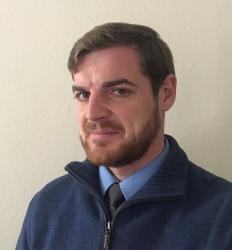Yesterday in Forbes, Alejandro Chafuen, Acton’s Managing Director, International, weighed in on Jair Bolsonaro’s new administration in Brazil. Bolsonaro’s coalition includes people of many different backgrounds and ideas, and collaboration among them will be key for the administration’s success.
Brazil may soon become the fastest-growing of the major Western economies. This is not the first time that investors have looked to this South American giant with hopefulness. There is a temptation to think that Brazil is entering into a new phase not seen anywhere in the world since the Reagan-Thatcher revolution of the 1980s. The road ahead, however, will be difficult. Jair Bolsonaro’s government will face attacks from the outside and the inside.
Bolsonaro’s team includes policy experts and public officials who will aim to liberate the economic potential of the largest economy south of the U.S. border. Brazil’s GDP is equivalent to that of Mexico, Argentina and Chile combined; the economy of the city of São Paulo alone is larger than that of Chile. What happens in Brazil impacts the Americas, and so it requires close observation.
I had the privilege of previous collaborations with think tanks associated with the talented individuals who are now ministers of Economics, Education and the Environment. In other areas, such as Foreign Affairs (Ernesto Araujo) and Justice (Sergio Moro), the Brazilians have leaders with outstanding knowledge and experience. Sergio Moro earned world acclaim for his role in Brazilian transparency efforts. Araujo will shock the world both with his philosophical knowledge and his politically incorrect views and endorsement of many of the Trump administration’s policies.
How did the stars align to produce such a change in the country responsible for the 21st-century socialism of the São Paulo forum? After decades of interventionist and left-wing populism, and with most media, universities and the world “establishment” against him, how did Bolsonaro and his allies do it? To understand and forecast historical changes I use a simple model that focuses on ideas, incentives, leadership and providence or luck. All played a role, but in this case leadership was a driving force.
Read the entire piece here.
(Homepage photo credit: Marcos Brandão, Wikimedia Commons, CC BY 2.0.)

